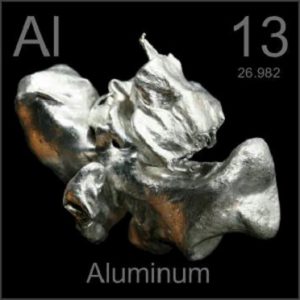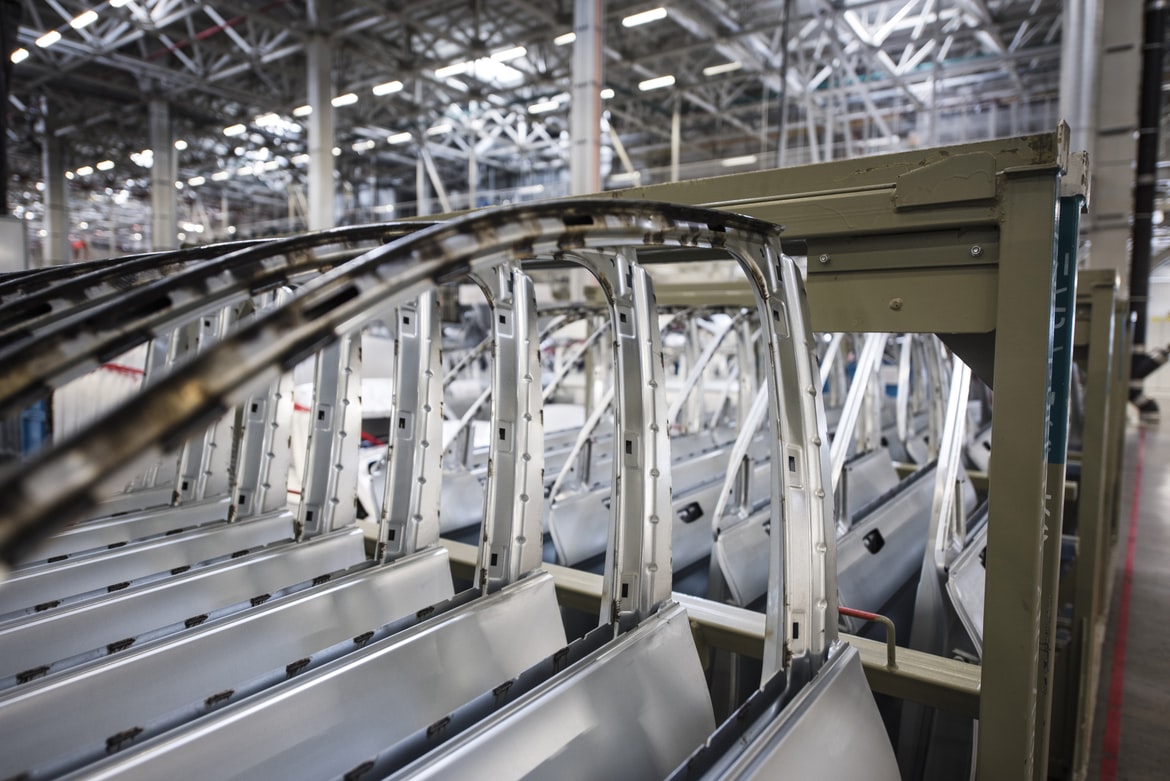You must have heard about aluminium or seen aluminium in many different places. This is because aluminium is one of the most useful elements that nature offers. In terms of occurrence, studies show that aluminum comprises about 8% of the earth’s crust, making it the most abundant metal and the third most abundant element in nature.

Aluminium is the 13th element on the periodic table, which means that it has an atomic number of 13. It is highly reactive and readily combines with many other elements to give several useful substances. Aluminum is used in the aerospace, medicine, food packaging, ceramics, automotive, construction industries, and in many other applications. A special form of aluminum known as aluminum target (otherwise known as aluminum sputtering target or aluminum sputter target), which has similar properties as metal aluminum, can be applied in thin film deposition for fuel cell, glass coating, decoration, semiconductor, display, LED and photovoltaic devices, etc.
In this article, we’ll explore 6 of the most common applications of aluminium in everyday life. Before that, let’s quickly take a look at the major properties of aluminum that makes it so popular in use.
Properties of Aluminum
- Compared to most metals, aluminum is relatively resistant to corrosion. This explains its use in kitchen utensils, such as frying pans, griddles, and plates.
- Due to its electrical conductivity, aluminum is commonly used as an electrical cable.
- Aluminum combines with other metals, like copper, magnesium, and iron to form alloys, which are stronger, more durable, and used in many applications.
- Aluminum has high thermal performance, meaning that it is used in products that typically come in contact with very high temperatures.
- It is impermeable to lightwaves, i.e. it has a very high endurance to light.
- It is resistant to changes in weather conditions, making it a desirable product in the manufacturing industry.
Common Application of Aluminum
Here are some of the most common applications of aluminium in everyday life.
Automotive manufacturing
In today’s automotive manufacturing industry, aluminum is a staple raw material. From doors to pistons, intake manifolds, and transmission, aluminium castings have been used vastly. Similarly, it is used in making wheels, brakes, suspension components, steering components, and many other chassis applications. You may not realize it, but the use of aluminum in automotive manufacturing has grown rapidly in recent times. It will likely continue to remain very relevant to automotive manufacturing engineers.
Kitchen utensils
If you are familiar with ceramics, then you have already come in contact with aluminum, right in your homes. Aluminum is commonly used for making utensils like spoons, forks, and knives. Aluminum utensils are typically sturdy and durable. They typically heats and cools down quickly, making aluminum a common material in short-order cooks in fast food chains. Besides, it is much more affordable than other materials.
Construction industry
Have you seen the Empire State Building? It is one of the first structures to use aluminum on its body. Today, aluminum has become a common feature in large scale residential and commercial construction projects. Since aluminum is attributed with several desirable qualities, such as resistance to heat, strong weather conditions, etc., it makes for a suitable material for the construction industry, especially where resistance against adverse weather conditions is a concern.
Because of its lightweight and resistance to corrosion, aluminum is used in making modern-day roofing sheets. Aluminum roofing is now widely used in modern buildings, and many building contractors and homeowners are fast adopting the use of aluminium.
Transportation
Did you know that aluminium is used in manufacturing aircraft? It has been so many years. As we mentioned earlier, aluminum is a lightweight material, which is why it finds wide application in the manufacturing of parts in the aerospace industry. But aside from aircraft, it is used vastly in motor vehicles (discussed above) and ships.
Essentially, aluminum plays a significant, central role in facilitating transportation by providing useful materials to manufacturers, starting from the most basic form of transportation to advanced applications like aviation and maritime manufacturing companies.
Electrical power
This is one aspect where the aluminum target or aluminum sputter target serves a very useful purpose. Remember, we mentioned in the properties of aluminum above that it can conduct electricity. So like copper, aluminum is used extensively to make durable electric cables. Because of its weight and affordability, it is sometimes preferred to other materials like copper and gold.
Aluminum is used in high voltage towers where flexibility and lightweight are needed in power lines. In addition to this, it has high corrosion resistance, making it a desired conductivity material used for wiring in residences and commercial buildings.
For wrapping
Aluminum foil or aluminum paper is used for wrapping many different items, including food. Aluminum paper is generally safe, easy to use and can be recycled easily. They do not cause contamination or food poisoning.

Aside from these, aluminum has several other applications in everyday life. This includes product packaging, medicine, paint production, furniture, and so on. For more information, you can visit our homepage.




